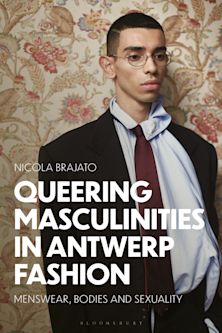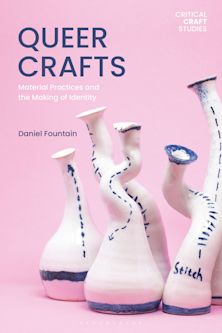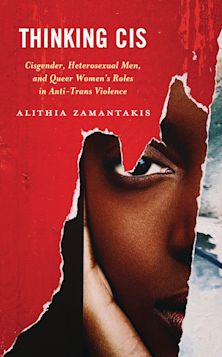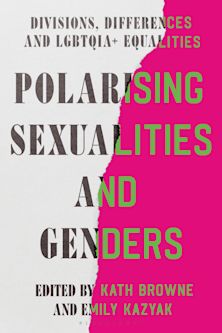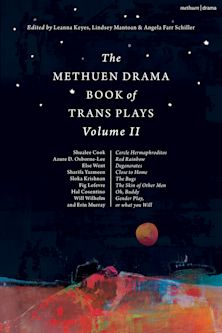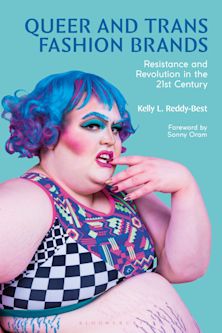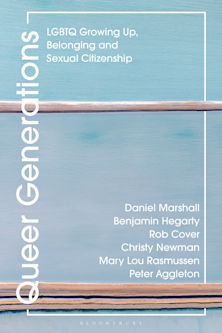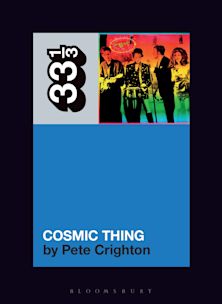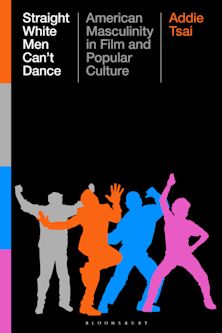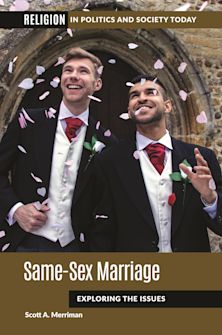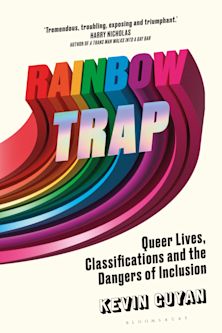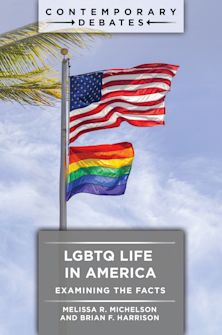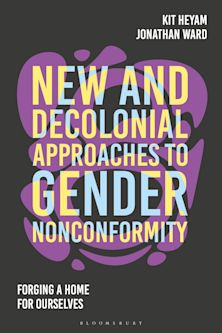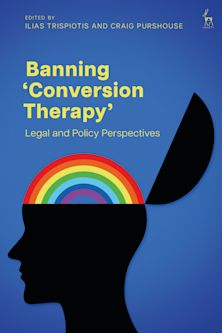Mapping the Monosexual Imaginary
Bi+ Identity, Community, and Politics
Mapping the Monosexual Imaginary
Bi+ Identity, Community, and Politics
This product is usually dispatched within 2-4 weeks
- Delivery and returns info
-
Flat rate of $10.00 for shipping anywhere in Australia
Description
Even though they are the largest sexual minority group in the United States, the lives, joys, and struggles of bi+ people, as well as the social structure of monosexism, are regularly overlooked in social scientific research and broader conversations about sexuality and gender. Mapping the Monosexual Imaginary interrupts this pattern of erasure by providing readers with a sociological examination of sexualities in society that places bi+ people and monosexism at the center of analysis. Through exploring bi+ peoples experiences navigating identity, community, and politics, Lain Mathers argues that to understand and challenge gender and sexual inequalities, we must first recognize and interrogate the structure of monosexism. At a time when attacks on LGBTQ people are increasing, this book offers an incisive examination of how an often-overlooked group within the LGBTQ community makes sense of their place in the world and what we can learn from attending to the specific issues that bi+ people face in society.
Table of Contents
Acknowledgments
Introduction
Chapter 1: Constructing Bi+ Identity Part I: Navigating Bisexual Stigma
Chapter 2: Constructing Bi+ Identity: Negotiating Pansexual Stigma and the use of Queer
Chapter 3: Navigating LGBTQ Spaces and People
Chapter 4: Navigating Straight Spaces and People
Chapter 5: Justifying Exclusion and Searching for Community
Chapter 6: Framing Bi+ Political Issues
Conclusion
Methodological Appendix
References
About the Author
Product details
| Published | 07 Jun 2024 |
|---|---|
| Format | Hardback |
| Edition | 1st |
| Extent | 210 |
| ISBN | 9781666908800 |
| Imprint | Lexington Books |
| Illustrations | 1 Table |
| Dimensions | 237 x 161 mm |
| Series | Breaking Boundaries: New Horizons in Gender & Sexualities |
| Publisher | Bloomsbury Publishing |
Reviews

ONLINE RESOURCES
Bloomsbury Collections
This book is available on Bloomsbury Collections where your library has access.













